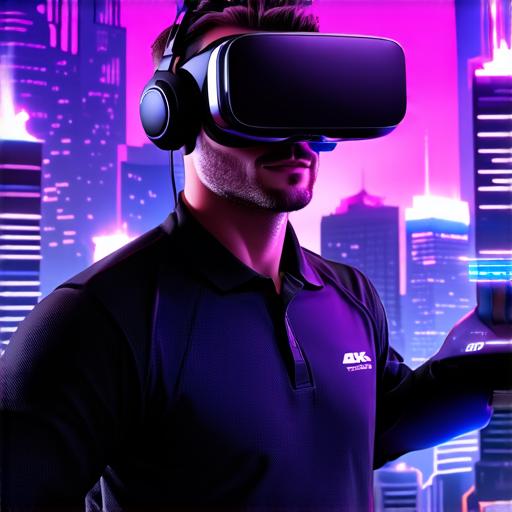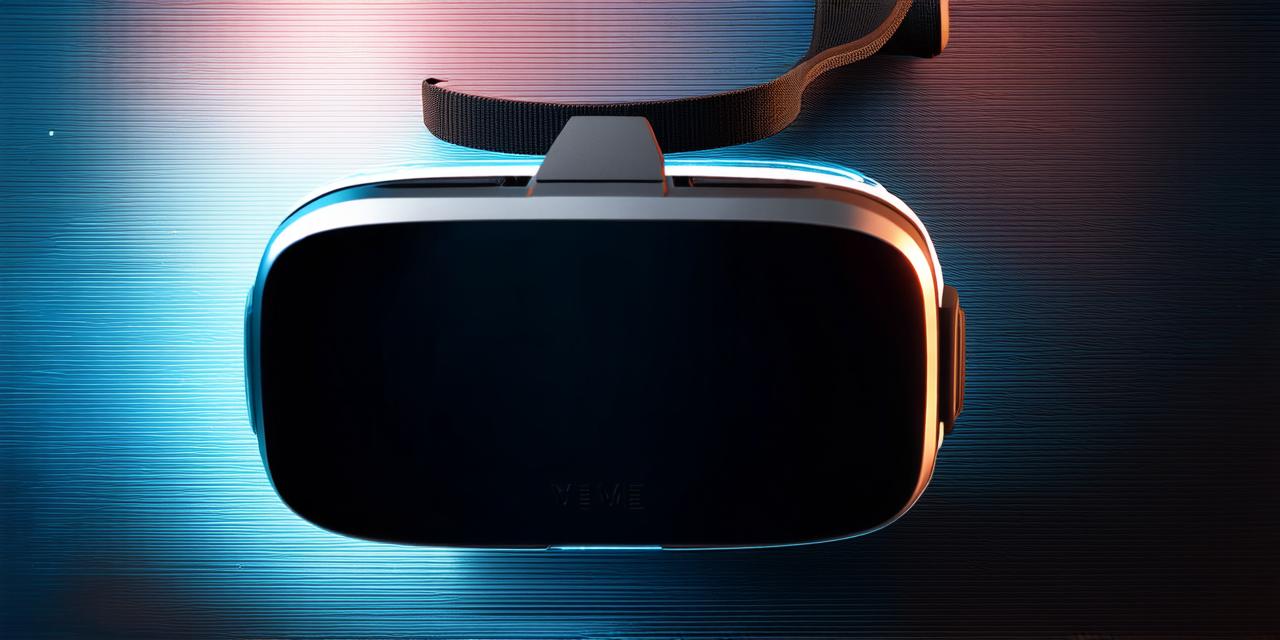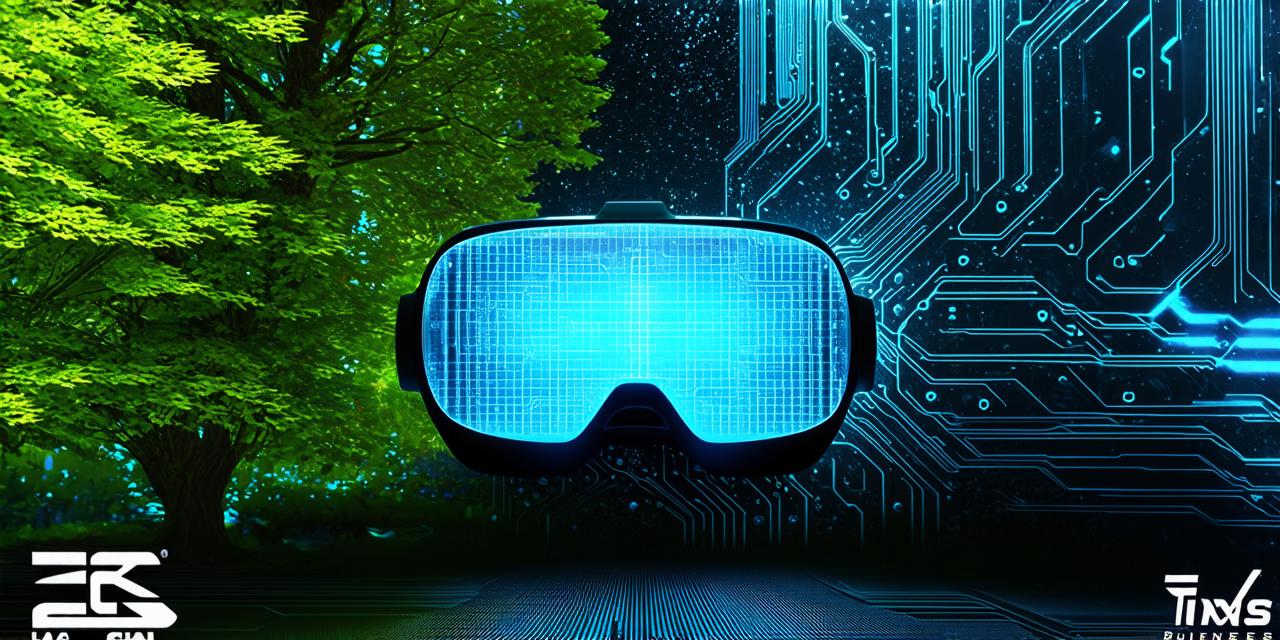Virtual reality (VR) is an exciting and rapidly growing industry that offers a wealth of opportunities for entrepreneurs. If you’re an AR developer looking to launch your own VR business, there are several steps you can take to increase your chances of success.
1. Identify Your Target Market
The first step in launching a successful VR business is to identify your target market. Who are you trying to reach? Are you looking to sell your products or services directly to consumers, or are you targeting businesses or other organizations? Once you have identified your target market, you can start to develop a better understanding of their needs and preferences, which will help you tailor your offerings to meet their requirements.
One way to identify your target market is by conducting market research. This can involve analyzing industry trends, surveying potential customers, or studying competitors in the space. By gathering this information, you can gain valuable insights into what’s working and what isn’t, which will help you refine your business strategy and increase your chances of success.
2. Develop a Business Plan
Once you have identified your target market, it’s time to develop a comprehensive business plan. This should include a detailed description of your product or service, your marketing and sales strategy, your financial projections, and your overall goals for the business. Having a solid business plan in place will help you stay focused and on track as you work to launch and grow your VR business.
3. Build a Strong Team
Launching a successful VR business requires a team of skilled professionals who are passionate about the industry and committed to delivering high-quality products and services. As an AR developer, you may need to hire additional staff to help you with tasks such as software development, marketing, and customer service. When building your team, it’s important to look for individuals who have relevant experience and a track record of success in the VR industry.
4. Develop Your Product or Service
As an AR developer, you may be focused on developing products or services that are specific to the virtual reality space. This could include VR games, educational applications, or training simulations, among others. Whatever your area of expertise, it’s important to develop a product or service that is innovative, engaging, and meets the needs of your target market.
5. Secure Funding
Launching a successful VR business requires capital to cover the costs of development, marketing, and other operational expenses. Depending on the size and scope of your business, you may need to secure funding from investors, lenders, or crowdfunding platforms. When securing funding, it’s important to have a clear and compelling pitch that outlines your vision for the business and how you plan to generate revenue.

6. Launch Your Business
Once you have developed your product or service, secured funding, built your team, and created a comprehensive business plan, it’s time to launch your VR business. This may involve setting up a website, creating social media accounts, and developing a marketing strategy that targets your identified audience. As you work to grow your business, it’s important to stay focused on delivering high-quality products and services that meet the needs of your customers.
Real-Life Examples of Successful VR Businesses
There are many successful VR businesses operating today, each with their own unique approach and focus. Here are a few examples:
- Oculus VR: Oculus VR is a leading provider of virtual reality hardware and software. The company was founded in 2012 and has since released several popular VR headsets, including the Oculus Quest, Rift, and Go. Oculus also offers a range of software development kits (SDKs) and tools that enable developers to create custom VR experiences for a variety of platforms.
- HTC Vive: HTC Vive is another leading provider of virtual reality hardware and software. The company was founded in 2015 and has since released several popular VR headsets, including the Vive Pro Eye and Wireless. HTC also offers a range of SDKs and tools that enable developers to create custom VR experiences for a variety of platforms.




